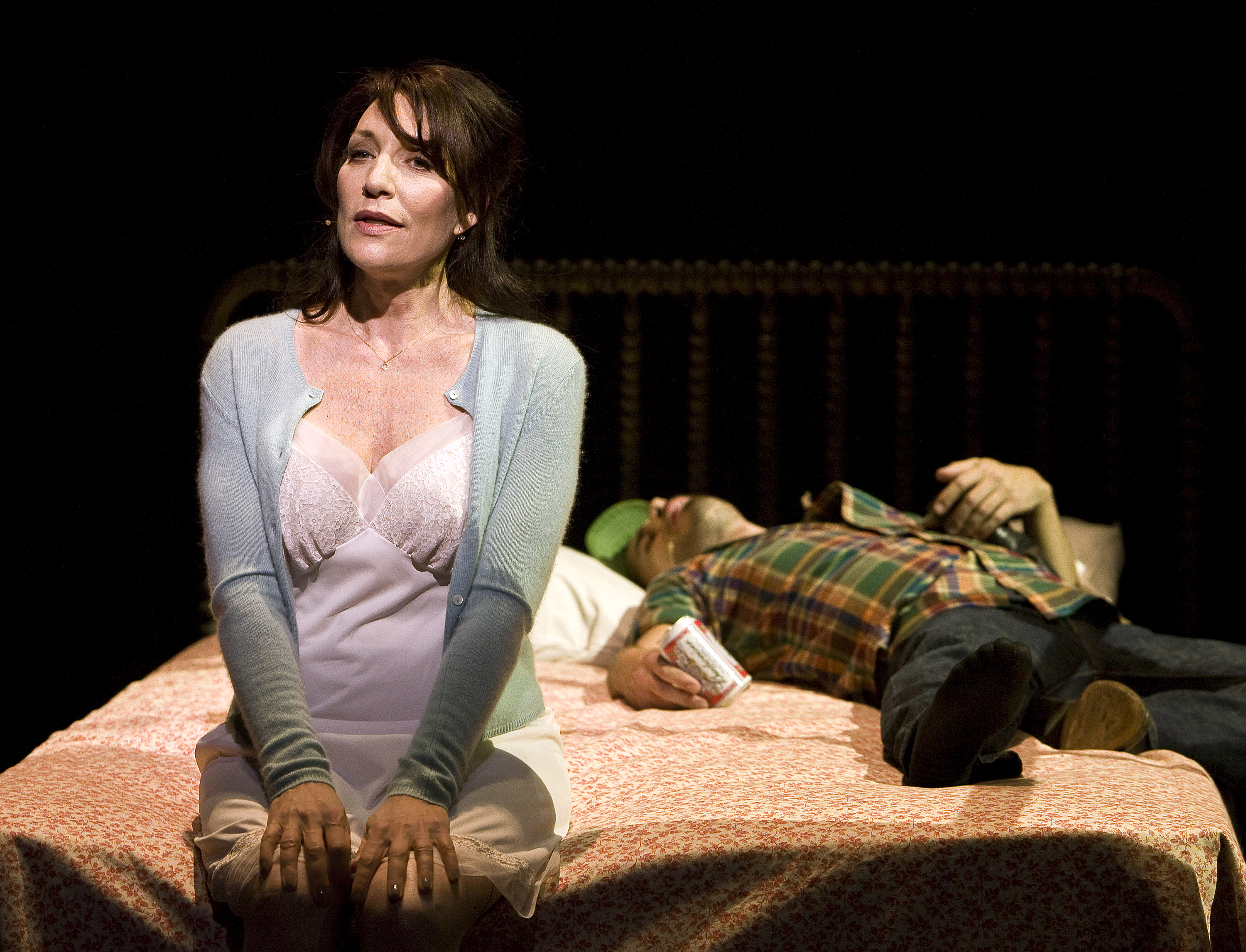For the current generation of college students, Randy Newman is a softy, known best for his film scoring and warmhearted songs such as “You’ve Got a Friend in Me” from “Toy Story.”
A new musical revue, “Harps and Angels,” brings together 36 of Newman’s songs in a high-energy, mostly satirical ballad to America’s lowest lows. The production reveals not a new Newman, but perhaps a forgotten one ““ as a lyricist, he is scathingly sincere, even to the point of being offensive; and as a composer, he touts a rarely seen versatility. Newman feels as much at home writing country blues as he does creating pop rock ‘n’ roll.
“Harps and Angels,” conceived by longtime dramaturge Jack Viertel, features a six-person cast ““ three women and three men ““ burning through Newman’s expansive repertoire at an alarming pace. Counting reprises and non-lyrical orchestrations, the revue covers nearly 40 numbers in a mere two hours.
As a revue, there is no explicit story, but rather it takes some of Newman’s best-known works to create a loosely associated portrait of the artist. The on-stage setting and blocking create a narrative frame so that some songs seem to logically follow each other.
In one example, beer-chugging Matthew Saldivar and cooler-lugging Ryder Bach sing “Birmingham,” a tender but ironic ode to Alabama’s largest city. The following song shows Saldivar staggering into his bedroom, where he sings “Marie” to a sleeping Katey Sagal, who plays his wife for the scene.
These mini-scenes, which normally last two or three songs, help move the revue along. They also provide a context for Newman’s storytelling songs such as “My Life Is Good,” while adding more relatable characterizations to more abstract tunes such as “I Think It’s Going to Rain Today.”
The revue is a great format for Newman’s show. Although a consistent story line with escalating conflict and thematic developments ““ staples of most musical theater productions ““ can wrap audience members up in the musical’s world, “Harps and Angels” jumps between musical genres.
The show opens with “Political Science,” a raucous critique of the U.S. government that invites the nation to “drop the big one now.” Like other songs in which all six cast members are involved, “Political Science” is big, sugary and kind of self-mocking.
“God’s Song,” which starts the second act, features Adriane Lenox, the performer with perhaps the greatest vocal chops, as a glamorous, gown-wearing God telling her subjects why she loves her stupid, needy human worshippers.
The sum of his political and religious songs shows Newman as a blithe iconoclast who seeks to break musical conventions as well as those of American society.
Newman’s songs evoke heat, the lazy loll of New Orleans as well as the sun-soaked melodies of Los Angeles. The sounds of the American South and Southern California call to the musician’s childhood, when he lived on the West Coast but spent summers in Louisiana, his mother’s home state.
He holds true to his blues form in “Potholes” and “Harps and Angels,” the title track of the revue as well as his 2008 album.
The lyrics of “Shame” uncover the one common denominator in Newman’s music: an unafraid commitment to tell things as they are, even if someone’s feelings get hurt.
“Harps and Angels” is entertaining and catchy. Newman’s songs range from the profane to the sacred, from one coast to the other and from the brazenly offensive to the sincerely loving. The show is good, but the revue format’s absence of story begs the question: Why not just see Newman in concert?
